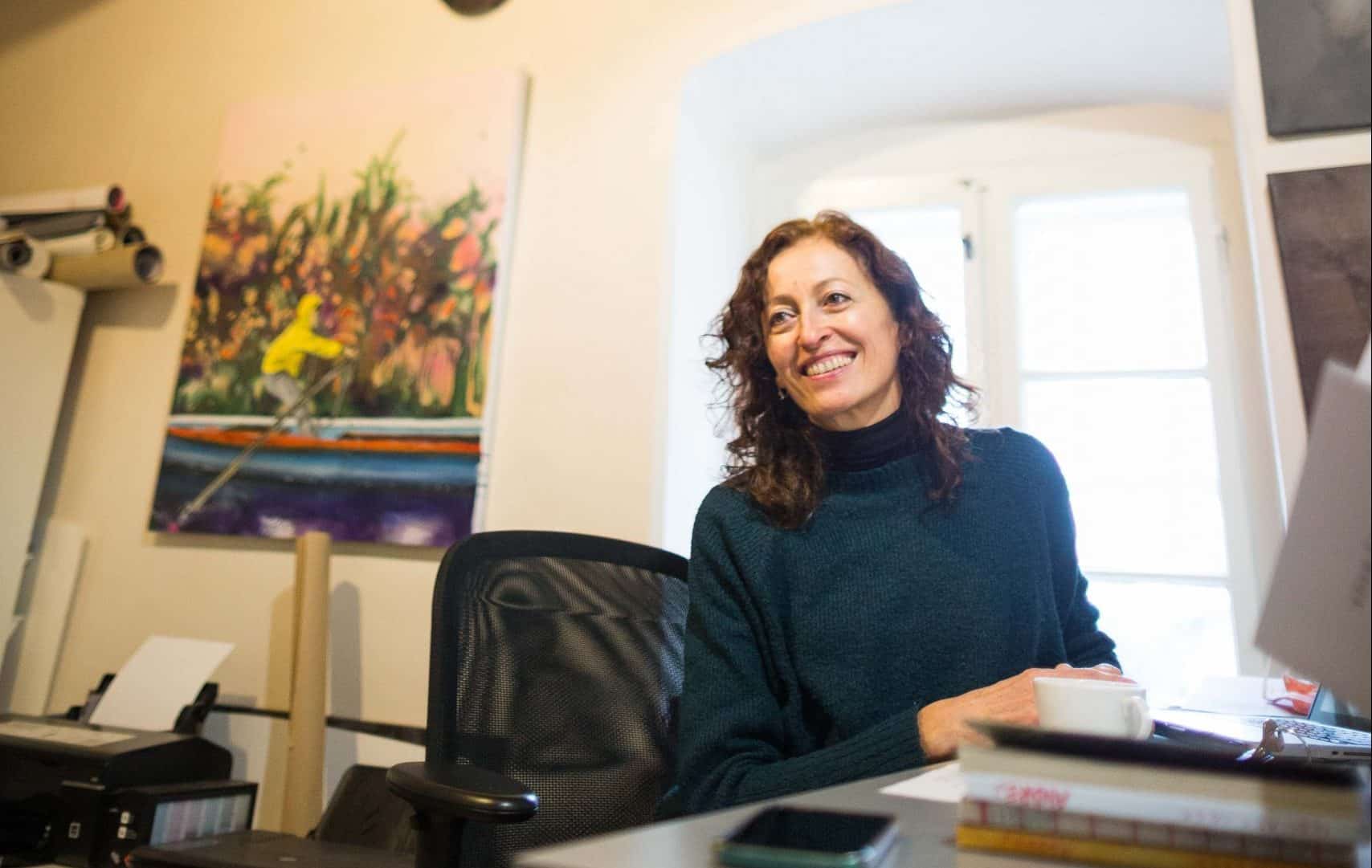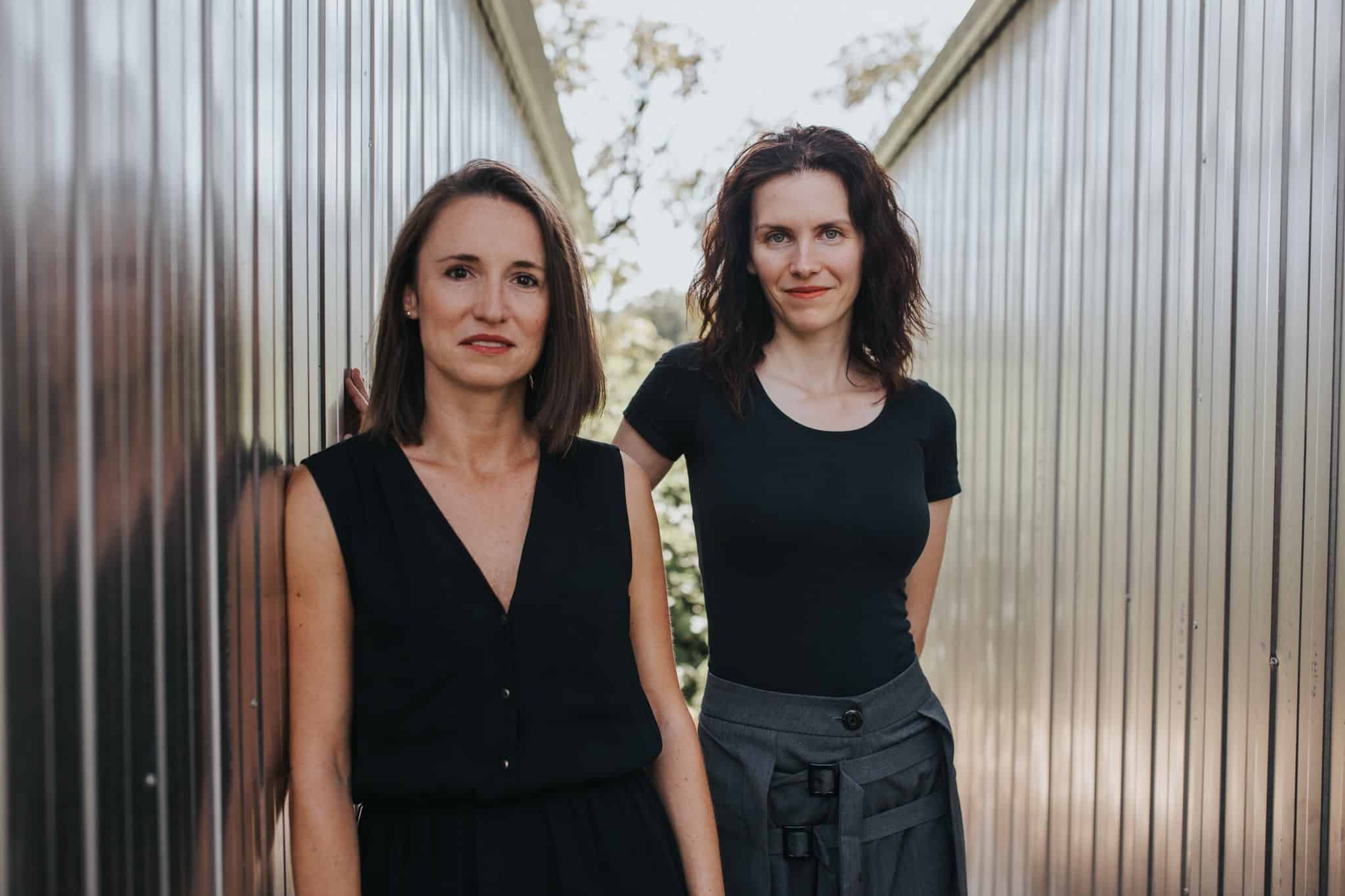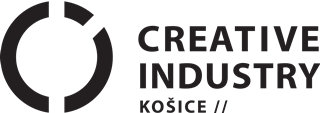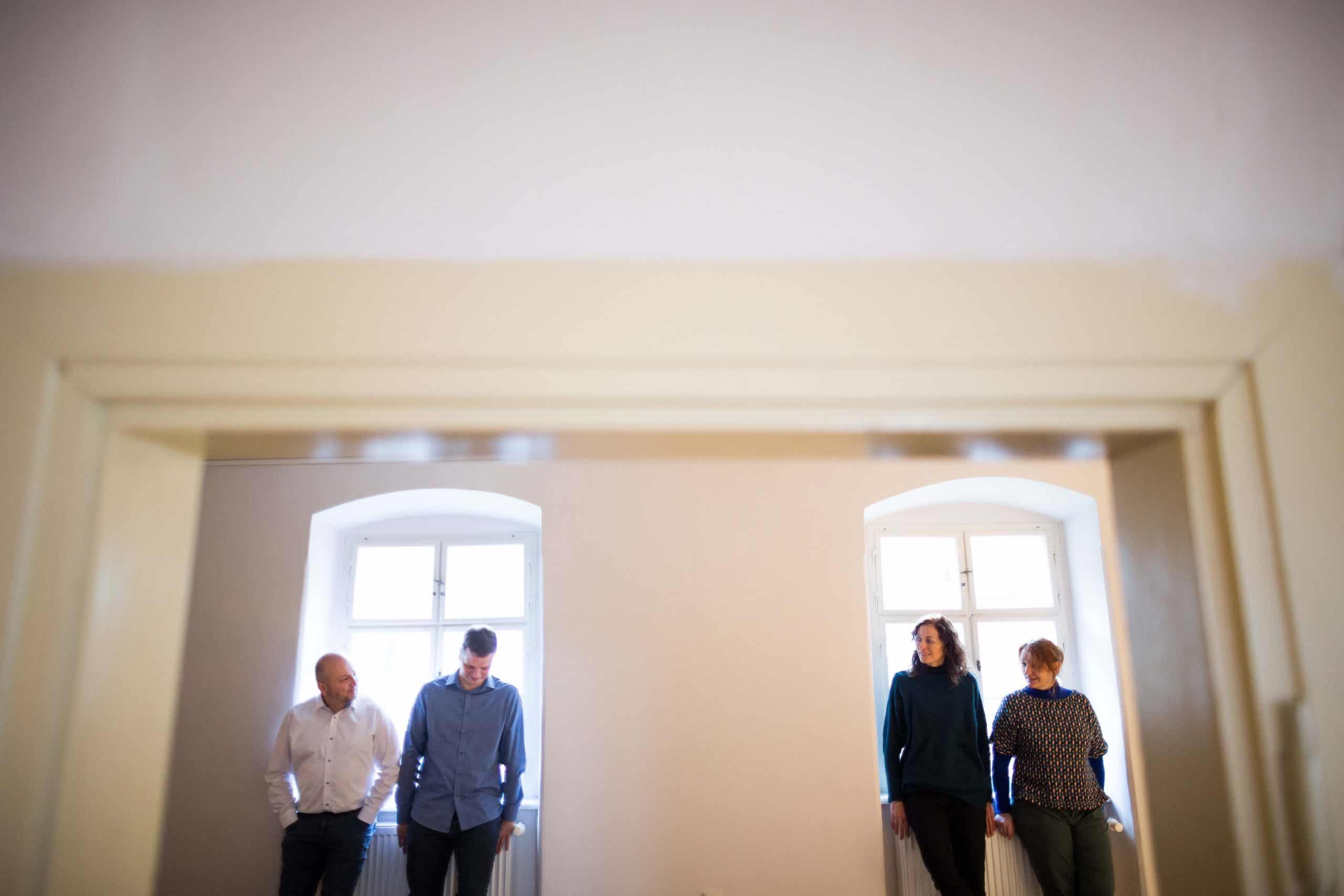This year of Escalator connected cultural organizations from different parts of Slovakia. They all share an interest in learning, developing their activities, and bringing a quality program to their audience. What do they think about the valuable advice from independent experts and cooperation with other participants? Representatives of the Schemnitz Gallery from Banská Štiavnica, the Pôtoň Theater from Bátovce, and the independent theater group Odivo from Banská Bystrica shared their opinion with us.

Schemnitz Gallery, Silvia Herianová
We perceive Escalator very positively, but also as a great challenge. It is a mirror for the Schemnitz Gallery; we see how we work and what we lack to professionalize our activities. We obtained a huge amount of information, but even more importantly, we have the chance to cooperate with international mentors, which is energizing even though it only takes place in the online world. It’s amazing to learn from their firsthand experience and see how kindly they convey their knowledge from various organizational development areas.
As the Schemnitz Gallery’s representative in the Escalator program, it is a bit stressful at many times. I’m starting to see all too clearly what we need to change to do our job better and get to a certain level of sustainable functioning. I realize that we need to expand our team – this applies to our internal processes and our target groups. We need to work better with them, diversify resources, and many other areas of our work. We will therefore have to hire at least one expert to help professionalize the work of our team.
Thanks to Escalator, we thought about the substance, meaning, and direction of the gallery. We believe that proactivity and financial planning are part of the right and effective strategy to resist uncertainty in the dubious future. Besides, we are very pleased that this type of advice takes place in a friendly atmosphere and does not require immediate and definitive solutions.
When we discussed the vision of the gallery, we got out of the box. We discussed our values, what is our individual motivation behind working in this gallery. From this, the question of why the gallery exists in the first place began to arise. We have taken the liberty of putting a bit of imagination into the debate about the gallery’s future. I think we have agreed on a vision that’s clear and understandable. However, it is also ambitious, but as it came out from an intense debate that is not yet finished, it could guide us when necessary.
We consider it a great success that we can think about these things together. Empathy, consistency, respect, curiosity, creativity, and generosity help us get out of the comfort zone, and they are a prerequisite for a better understanding of each other and the people around us.

I consider education and capacity building to be the basic care that people in the workplace need to carry out their work effectively and professionally. It improves the general overview and insight into our area. We can then work more efficiently and avoid unnecessary stress. It helps people in the team better focus on what’s important and makes it easier to filter out unnecessary activities.
Cooperation with other participants outside the online training is minimal in our case. Unfortunately, we did not have a chance to meet in person and use the space for informal discussions during the coffee breaks. That’s where networking could start. I think that we are getting to know each other better, and with each new workshop, we are starting to trust each other more. I enjoy when we’re in break-out rooms during Zoom meetings, we can talk more freely and listen to each other. For now, however, the results of these discussions are hanging in the air, but it’s not hopeless. I think the cooperation between us will come about, only differently than if we met live.
As for the mentor, I’m very pleased with mine – Sandy Fitzgerald. We speak openly during our online meetings. I feel that I have support in him, both human and professional. My Escalator program participation encouraged me to apply for a scholarship in a special call by the Slovak Arts Council. My goal is to prepare a more detailed strategic and development plan for three years.

Pôtoň Theater, Monika Škojcová
I perceive the Escalator program very positively. I appreciate the CIKE team’s and Olivearte Cultural Agency mentors’ efforts to adapt the program to individual organizations’ needs and the situation in which we are currently. I am grateful that we can educate, discuss, reflect on, and improve our organizations and ourselves. I really appreciate the mentors’ professionalism and approach, willingness to consult with us and help us beyond training sessions.
The pandemic situation forced us to carry out all the program activities online, which means that we did not have a chance to meet the mentors and other participants in person. That’s a great shame for all of us. However, I think that both CIKE and Olivearte mentors have designed the program to be effective and beneficial for organizations in the online space.
So far, I have participated in all the training sessions that the Escalator program has offered. Each training brought me new information, insights, experiences, and guidelines on how things can be done better and more effectively. The training sessions focused on financial management, strategic planning, and audience development were very beneficial. These are areas that I thought we did not have significant problems with as an organization. However, during the training, I found out that there is always room for further improvement.
Individual consultations with our mentor Sandy Fitzgerald are very beneficial for me. In particular, we address how our organization could become more sustainable. Thanks to Sandy, I know today how important it is to have a clear vision of its future and mission. I realized how crucial is strategic planning in the organization and that it should take place in cooperation and with the consent of each member of the organization.

I think that our organization offers a wide portfolio of activities. We are a theater that produces its own original theatrical productions. At the same time, we are a cultural center in the countryside, which offers a non-commercial cultural program. As part of art residencies, we host artists from Slovakia and abroad. We implement educational programs for children and youth. We work with communities. I am convinced that we do our best, and it is reflected in our projects’ quality. However, for some time now, I wonder how long the enthusiasm and energy of the team will allow us to work to the fullest.
So how do we ensure that our organization is not stagnant but able to be sustainable and competitive? In addition to new impulses, one of the ways is to develop the skills of team members. Because even in areas that we think we are experts in, it is important to gain new knowledge, experience, skills, and tools. That’s why I applied for Escalator. My goal was to improve in areas that will be beneficial for the future of our organization.

Apart from acquiring new skills, a certain restart of thinking about where we want to go as an organization and what changes need to be implemented seems to help the development of the organization. Thanks to the program, I find that it is beneficial to have an unbiased view of someone outside the organization in this process. Our mentor Sandy provides such a view – he tries to assess our organization from a distance and recommend which areas he thinks should be improved.
As part of Escalator, we formed a group of interesting people from various branches of culture and the creative industries. Even though we did not have the opportunity to meet in person, we were able to learn a lot about each other and our organizations. I will be happy if we manage to work with some of the participants in the future.

Odivo, Monika Kováčová
I would describe Escalator as turbulent. I really admire CIKE for finding a way to implement the program in these challenging times, when one wave of COVID-19 replaces the other. Thanks to online lectures, we, the participants, are not cut short.
I used the word turbulent in connection with the everyday reality of our independent theater group Odivo, as the changes in measures constantly change our short-term and long-term plans, and we have to improvise in our planning. In practice, this means that we do not have time to immerse ourselves in all the processes that would help us reconfigure our group’s functioning – but we can prepare for them. Escalator offers us various impulses and stimuli for thinking – about essential and elementary things that form the skeleton and the soul of the organization. Things that are normally overlooked because they are automatic, and suddenly we realize we need to devote some time to them to progress. Escalator is a comprehensive probe into the depths of individual organizations and the people who make them up.
We are currently in the phase of summarizing the knowledge gained, individual and collective search for new paths, and redefining older practices. We plan a real shift in the functioning of the independent theater in the future. But it is the change of mental attitude when looking at one’s own organization which is extremely beneficial. Under normal circumstances, each of us is inadvertently locked in an imaginary box. Therefore, the view from above helps and encourages change.

It is necessary to preserve life and dynamism in the organization to bring something new and not succumb to apathy and mechanical processes. It is not a closed ecosystem in a glass container. It also connects to other ecosystems in its vicinity. Sometimes a fresh wind must blow through it. It is this impulse given by education and meetings with experts.
What is magical about Escalator is that many different personalities and the projects they represent meet in one room created in a virtual space. In real life, each of us works in our field, but now we have the opportunity to network. We have collaborated with some of the past participants (Pôtoň Theater), or I have personally collaborated with them (Schemnitz Gallery). For others, we leave the door open, and I believe that we do not meet for the last time. Thank you for the opportunity to be part of this year’s Escalator.

Escalator was supported using public funding by Slovak Arts Council.












